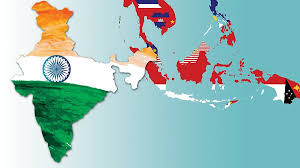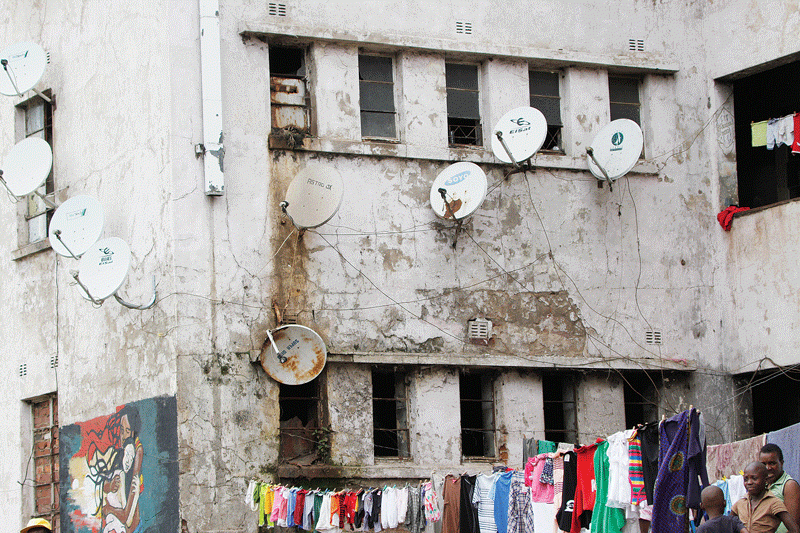
For decades, Zimbabwe’s government has peddled Foreign Direct Investment (FDI) in mining as the engine of economic revival.
From the ‘Look East Policy’ to today’s green mineral rush, the promise is the same: invite foreign capital to extract our resources, and prosperity will follow.
Headline after headline informs citizens about the brokered deals and sells them as good for the economy.
Across Zimbabwe, the official story of deals and investment masks a harsher truth.
Rather than inclusive development, extractive FDI has entrenched dependency, weakened accountability, and accelerated illicit financial flows.
Zimbabwe remains one of the suppliers of raw minerals, while its people bear the costs of dislocation, poverty, and ecological devastation.
The government’s decision to ban raw lithium exports starting January 2027 only deepens this contradiction.
Waiting another two years means more wealth will be siphoned off while communities shoulder the costs.
- Mavhunga puts DeMbare into Chibuku quarterfinals
- Bulls to charge into Zimbabwe gold stocks
- Ndiraya concerned as goals dry up
- Letters: How solar power is transforming African farms
Keep Reading
Instead of urgency, Zimbabwe has chosen postponement, proving once again that political will bends to investors rather than to citizens. This contradiction is stark in the scramble for green minerals like lithium.
Promoted as essential for the global energy transition, the boom has unleashed dispossession and inequality, not prosperity.
Authorities and corporations seize land without fair compensation, pushing families into precarious informal work, pollute rivers, blast homes into cracks, clear forests, and exploit labour.
Women bear the sharpest edges of this model, walking further for water, caring for illnesses related to pollution, queuing for food, and absorbing the shocks of displacement and the disintegration of the social fabric.
This unpaid care work never appears in GDP calculations. Yet, it is the invisible subsidy that props up an economy designed to enrich foreign investors while dumping costs on the most vulnerable.
Zimbabwe’s model follows a predictable extractivist script. Foreign investors dominate, exporting raw minerals and locking the country into the lowest rung of the global value chain.
The Look East Policy, once a rhetorical assertion of sovereignty, merely swapped one master for another.
Chinese firms now dominate the lithium and chrome sectors, but exploitative conditions and environmental neglect persist.
A weak governance framework enables this. Inadequate environmental law enforcement and the absence of meaningful community consultation allow companies to operate with impunity.
The model offers only a handful of jobs and sometimes a token block of classrooms, while the harms tower over them.
Meanwhile, the nation bleeds wealth. Global Financial Integrity reports of 2021 states that Zimbabwe lost over US$13 billion in illicit financial flows between 2000 and 2020, much of it drained by the mining sector.
That money could have built hospitals in every province, equipped rural clinics, or powered schools with solar energy.
Instead, smugglers and opaque contracts steal the future. Communities pay the highest price when health centres close, when teachers strike, and when energy and time poverty deepens.
This is climate colonialism. The East and West are building their ‘green future’ on the exploitation, exhaustion and destruction of local ecosystems.
Lithium powers electric cars abroad, yet at home, it drives poverty and ecological crisis. In Bikita, Buhera, Mutoko, etc, citizens cannot afford lithium batteries and still struggle to light their homes.
To break this cycle, Zimbabwe must radically rethink its development model.
- Zimbabwe must reclaim its sovereignty by enshrining free, prior, and informed consent (FPIC) into law to place communities especially women at the centre of resource governance, while requiring mining deals to deliver enforceable commitments to local infrastructure such as clinics, water systems, and renewable energy, and ensuring gender-responsive sharing by legislating that royalties flow directly into community funds and public goods like education, maternal health, water, and rural electrification instead of lining elite pockets.
- Zimbabwe must mandate local beneficiation now by fast-tracking the ban on raw lithium and other critical mineral exports and immediately investing in domestic processing to create jobs and keep value at home; waiting until 2027 is far too late.
- Zimbabwe must stop the bleeding by publishing all mining contracts, strengthening Zimra, and adopting the Extractive Industries Transparency Initiative (EITI) standards to curb illicit financial flows.
- Zimbabwe must invest in research and development by funding universities, technical colleges, and innovation hubs to build local expertise in mineral processing, renewable energy, and climate-smart technologies.
Zimbabwe cannot build a future by repeating colonial patterns. Breaking free from extractive dependency is not only an economic imperative but also a test of moral leadership. If our leaders choose courage over capture, Zimbabwe can transform its resources into dignity and opportunity for its people, instead of repeating the same colonial script that has drained us for generations.











